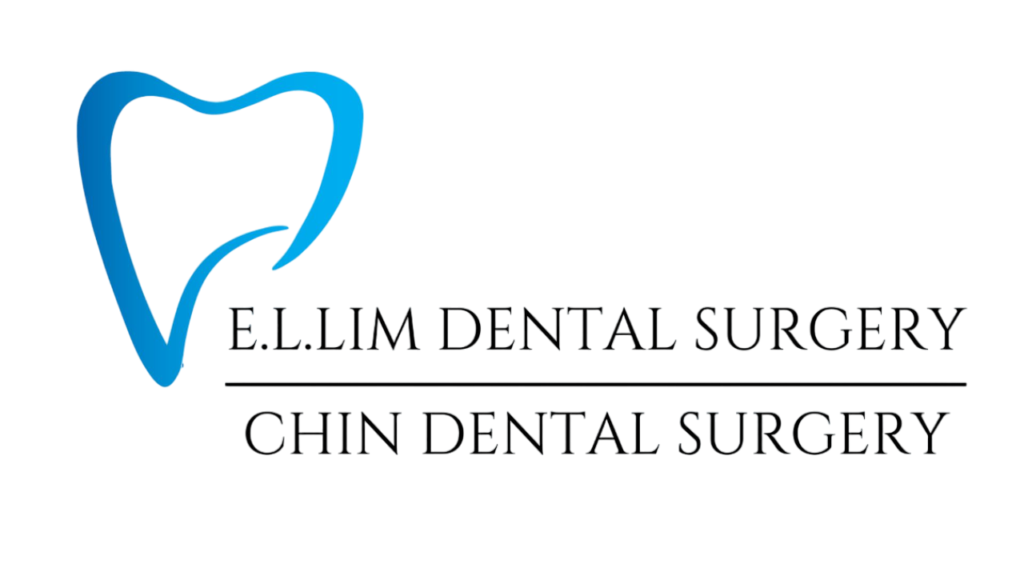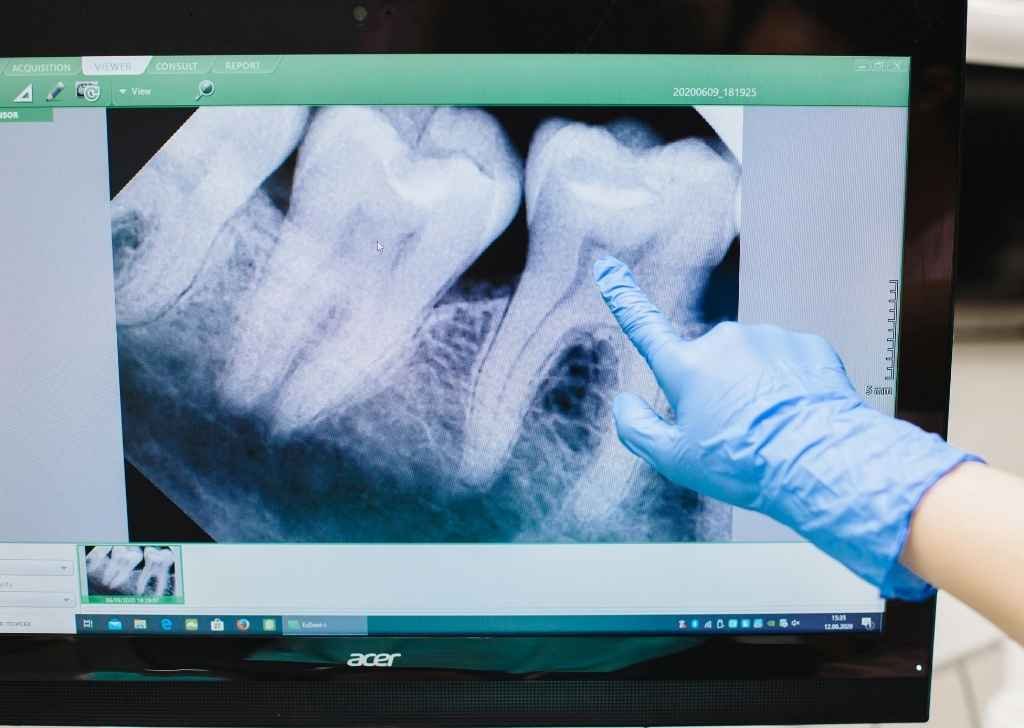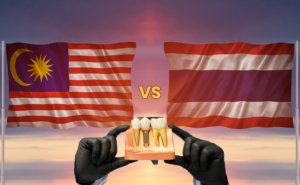If you’re planning to get braces, you might be wondering: should you remove your wisdom teeth first, or can it wait? While it depends on the individual case, braces can often be safely applied either before or concurrently with the presence of wisdom teeth.
At Klinik Pergigian Chin Dental Clinic in Bayan Lepas, we often help patients assess the right timing based on X-rays, jaw structure, and treatment goals. For those exploring braces in Penang, it’s essential to understand how wisdom teeth factor into your orthodontic journey and whether early removal is necessary at all.
Understanding Wisdom Teeth and Braces
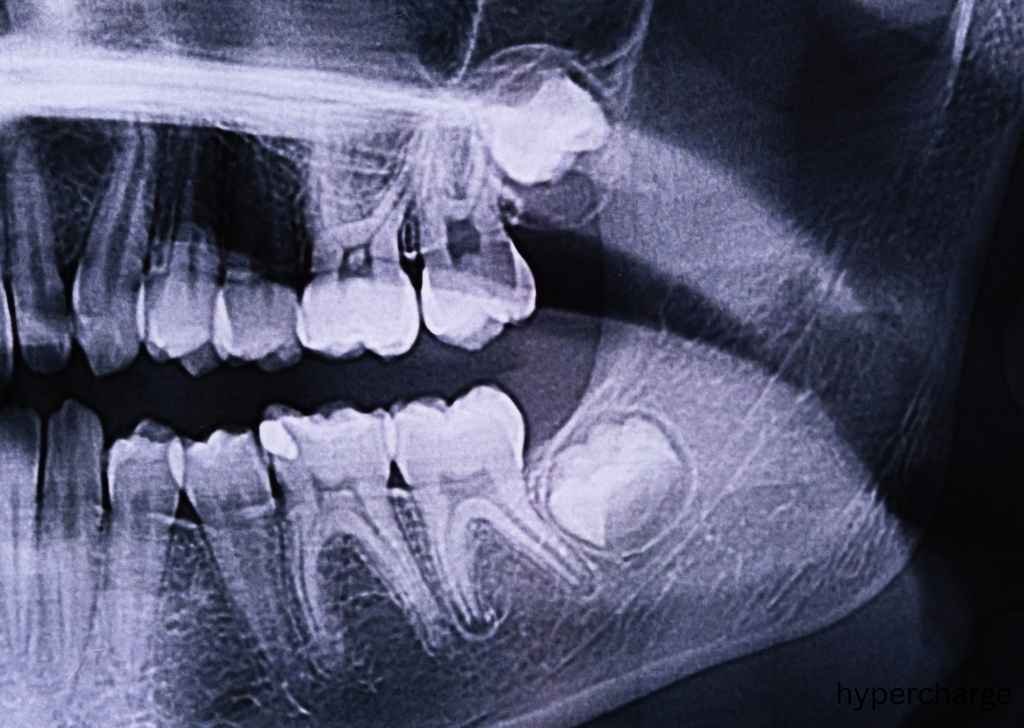
What Are Wisdom Teeth & When Do They Erupt?
Wisdom teeth, also known as third molars, are the last set of permanent teeth to develop in the mouth. Most people have four wisdom teeth — two on the top and two on the bottom and they typically erupt between the ages of 17 and 25. Anthropologists believe that our ancestors needed these extra molars to help grind down coarse, unprocessed foods like roots, nuts, and raw meat. However, with modern diets and smaller jaw sizes, wisdom teeth often serve little functional purpose today.
Because jaw space is often limited, wisdom teeth can erupt at awkward angles or remain trapped beneath the gums (a condition called impaction). This can cause problems such as pain, infection, and pressure on neighbouring teeth.
When it comes to orthodontics, wisdom teeth matter because of their potential to:
Cause crowding
If there’s not enough space at the back of your jaw, erupting wisdom teeth can push against other molars, which may lead to a chain reaction that shifts your carefully aligned teeth.
Disrupt orthodontic results
The potential for wisdom teeth to undo braces’ progress is a common concern, but since this problem doesn’t affect every patient, an individual assessment is key.
Affect bite alignment
Poorly positioned wisdom teeth can interfere with how your upper and lower teeth meet, impacting chewing comfort and long-term jaw health.
To determine whether wisdom teeth will affect your braces journey, dentists often recommend dental x-rays before treatment. These images show the exact position, angle, and development stage of your wisdom teeth, allowing your orthodontist to make a tailored treatment plan.
Can You Get Braces If You Still Have Wisdom Teeth?
Yes, you can absolutely get braces even if your wisdom teeth are still present or still developing beneath the gums. In fact, many orthodontic patients in Penang start their teeth straightening journey while their wisdom teeth haven’t fully erupted yet.
When planning orthodontic treatment, your orthodontist will conduct a comprehensive assessment that includes:
Evaluating eruption timing
X-rays (orthopantomogram scans) are used to check the position, root formation, and development stage of the wisdom teeth. If they are still embedded and not due to erupt for several years, your braces treatment can usually proceed without issues.
Determining growth direction
The angle of the wisdom teeth matters. If they are growing straight and upright, they may not pose a threat to your alignment. However, if they are angled towards neighbouring molars (impacted), they could push other teeth out of position.
Checking jaw space availability
Lack of space in the jaw is one of the main reasons wisdom teeth can cause dental crowding. Your orthodontist will assess whether there’s enough room for the wisdom teeth to erupt without affecting the results of your braces.
When It’s Safe to Start Braces Without Wisdom Teeth Removal?

If your wisdom teeth are not causing any pain, are growing in the right direction, and there is enough space in your jaw, your orthodontist may proceed with braces without recommending removal. Regular monitoring will still be important during treatment to catch any early signs of shifting or impaction.
When Removal May Be Recommended Before Braces?
In cases where X-rays show that the wisdom teeth are likely to erupt during treatment in a way that could disturb tooth alignment, your orthodontist may recommend removing them before starting braces. This is especially true for patients with smaller jaw sizes or a history of dental crowding.
Ongoing Monitoring Is Key
Even if your wisdom teeth remain in place during braces, your orthodontist will schedule regular check-ups to monitor their growth and position. This proactive approach ensures that any potential problems such as shifting teeth, gum inflammation, or pressure on molars can be addressed before they affect your treatment results.
Getting Wisdom Teeth Removed Before Braces
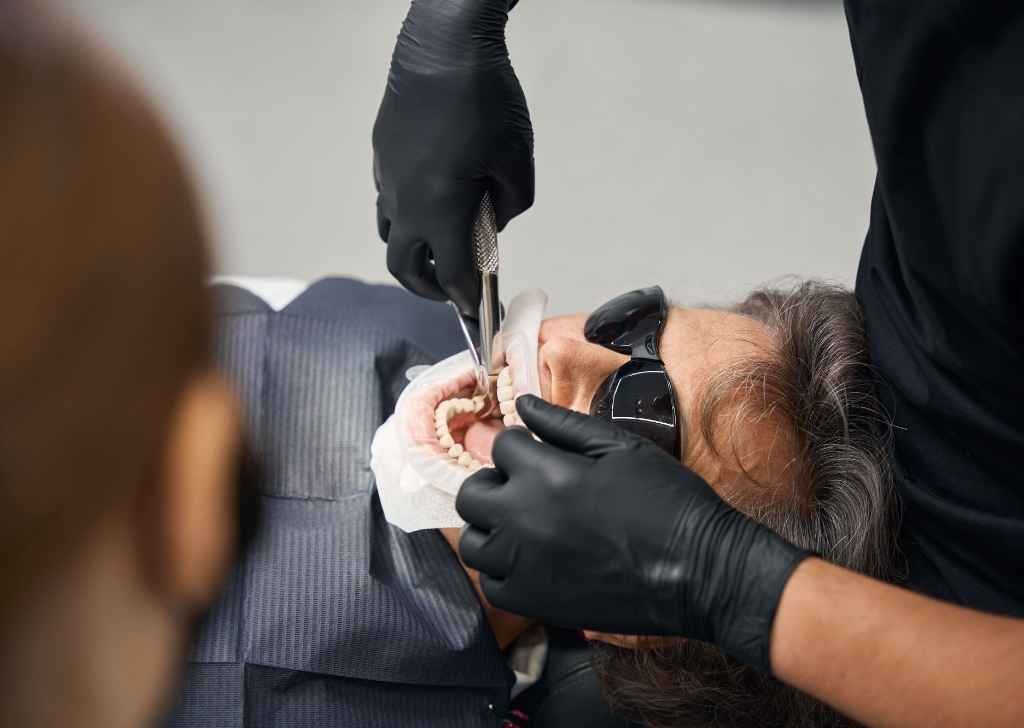
For many patients, removing wisdom teeth before getting braces can reduce future complications. But it’s not a blanket rule; some will benefit, while others may not need it at all.
Let’s break down the potential benefits of early extraction.
Helps Prevent Crowding and Misalignment
One of the biggest concerns with wisdom teeth is that they can push neighbouring molars forward as they try to erupt. If you’re planning to wear braces, that pressure could interfere with alignment and make it harder to maintain straight teeth after treatment.
By removing problematic wisdom teeth early, your orthodontist can align your teeth more confidently, knowing that new molars won’t shift things out of place later.
Lowers Risk of Infection During Treatment
Wisdom teeth, especially partially erupted or impacted ones can create pockets where food and bacteria collect. This increases the risk of:
- Gum infections
- Swelling
- Pain behind the molars
If these issues arise while you’re wearing braces, they can complicate your treatment and even delay it. By removing wisdom teeth first, you reduce the chances of these setbacks.
Gives Orthodontists More Flexibility With Planning
When your wisdom teeth are already extracted, your orthodontist has more room to move teeth efficiently, especially molars.
With fewer unpredictable factors, your treatment may:
- Be completed faster
- Have fewer adjustments
- Require less long-term maintenance
That’s why some dentists may recommend removing wisdom teeth before designing your braces or Invisalign plan.
What Are The Factors That Influence The Timing of Wisdom Teeth Removal?

There’s no one-size-fits-all answer when it comes to removing wisdom teeth before or after braces. The right timing depends on several personal and clinical factors, and a proper evaluation by both an orthodontist and dentist is crucial.
Age and Development Stage
Younger patients (usually early to mid-teens) may not have fully developed wisdom teeth yet. In these cases, dentists can track their growth over time and only recommend removal if they start causing issues. Early braces without extraction might be perfectly safe.
For older teens and adults, wisdom teeth are often more developed and more likely to impact alignment. Pre-treatment extraction becomes more common at this stage, especially if the teeth are already partially erupted or impacted.
Jaw and Teeth Structure
If your jaw doesn’t have enough space to accommodate third molars, these teeth can push against your second molars as they try to erupt. This pressure often leads to crowding, shifting teeth, and even bite misalignment, all of which can undo the progress made with braces.
In such cases, early extraction is usually recommended to prevent setbacks during treatment. On the other hand, if there’s enough space in your jaw for wisdom teeth to emerge without pushing against other teeth, they may not cause any interference at all. This is why orthodontists use dental X-rays to assess your jaw and tooth positions before making a decision.
Existing Dental Problems
If you’ve had issues like gum infections, painful swelling, cysts, or cavities on nearby molars caused by impacted wisdom teeth, it’s often safer to remove them before starting braces. These problems can worsen during orthodontic treatment, especially when brackets and wires make cleaning more difficult.
By addressing these dental concerns early, your orthodontist can ensure your braces journey focuses on alignment and bite correction without interruptions from wisdom tooth complications.
Orthodontic Treatment Plan
Not all treatment plans are the same. For example, Invisalign or ceramic braces may offer more flexibility for monitoring wisdom teeth during treatment.
But if you’re going with traditional metal braces, especially for correcting crowding, your dentist may want to eliminate any pressure sources (like erupting molars) first.
While you’re planning treatment, it’s also worth understanding how different orthodontic options like Invisalign or fixed braces may change your treatment strategy.
Final Thoughts — What’s Right for You Depends on Your Unique Smile

So, should you get your wisdom teeth removed before or after braces? The answer depends on your oral health, jaw structure, and long-term goals. If your wisdom teeth are already showing signs of impaction, pain, or are likely to affect tooth alignment, many dentists will recommend removing them before beginning orthodontic treatment. This helps prevent complications like crowding or shifting during your braces journey.
However, not all wisdom teeth require extraction. If they are fully developed, asymptomatic, and not interfering with your bite, you may be able to proceed with braces first and delay or avoid extraction entirely. This decision is best made after a thorough assessment with both your orthodontist and oral surgeon.
At Dentist Penang, we don’t believe in a one-size-fits-all approach. Our team offers personalised orthodontic evaluations that take into account your current dental health, wisdom tooth development, and overall treatment goals. Whether you’re just starting to consider braces or already facing issues with third molars, we’ll help you decide what’s best for your situation.
Frequently Asked Questions (FAQ)
No, braces typically do not move wisdom teeth. Wisdom teeth, also known as third molars, are located too far back in the jaw to be included in most orthodontic treatment plans. Braces are primarily used to align the front and middle teeth. If wisdom teeth are impacted or misaligned, your orthodontist may recommend removing them rather than attempting to move them.
Pain levels vary depending on the person, but generally, wisdom tooth extraction causes short-term discomfort that lasts a few days post-surgery. Braces, on the other hand, can cause ongoing soreness, especially after adjustments. However, both are manageable with proper care and medication. Your dentist will ensure you’re as comfortable as possible during either treatment.
Braces do not cause wisdom teeth to erupt. Eruption is part of your natural dental development. However, the pressure and space changes during orthodontic treatment can sometimes make people more aware of their wisdom teeth coming in. If there’s insufficient room in the jaw, eruption may become painful and require extraction.
If your wisdom teeth begin to erupt during braces treatment, your orthodontist will monitor them closely. In some cases, they may not cause any problems and can be left in place. However, if they create pressure, cause pain, or threaten your alignment, your dental team may recommend extraction during your orthodontic treatment.
It’s common for wisdom teeth to erupt while wearing braces, especially for teens and young adults. The important thing is to have them monitored with regular X-rays. If they’re not impacting your alignment or causing pain, they may not need to be removed right away. Your orthodontist will guide you on whether intervention is necessary.
Dental Clinic Penang
Start Your Affordable Braces Journey in Penang Today
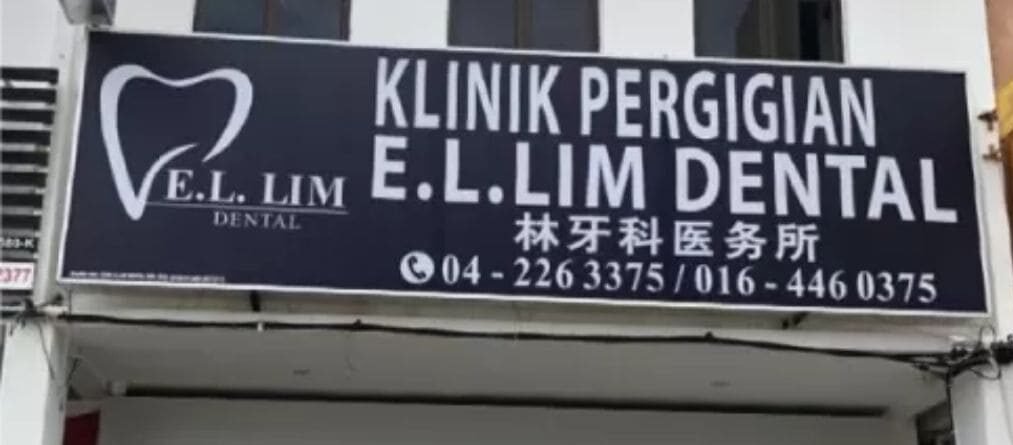
Choosing when to remove your wisdom teeth before, during, or after braces is a personal decision that should be guided by professionals. At Dentist Penang, we provide comprehensive orthodontic care tailored to your needs. From initial X-rays and treatment planning to post-braces cosmetic touch-ups, we’re with you every step of the way.
Book your consultation today to find out whether braces or wisdom teeth removal should come first or explore our full range of dental treatments here.
